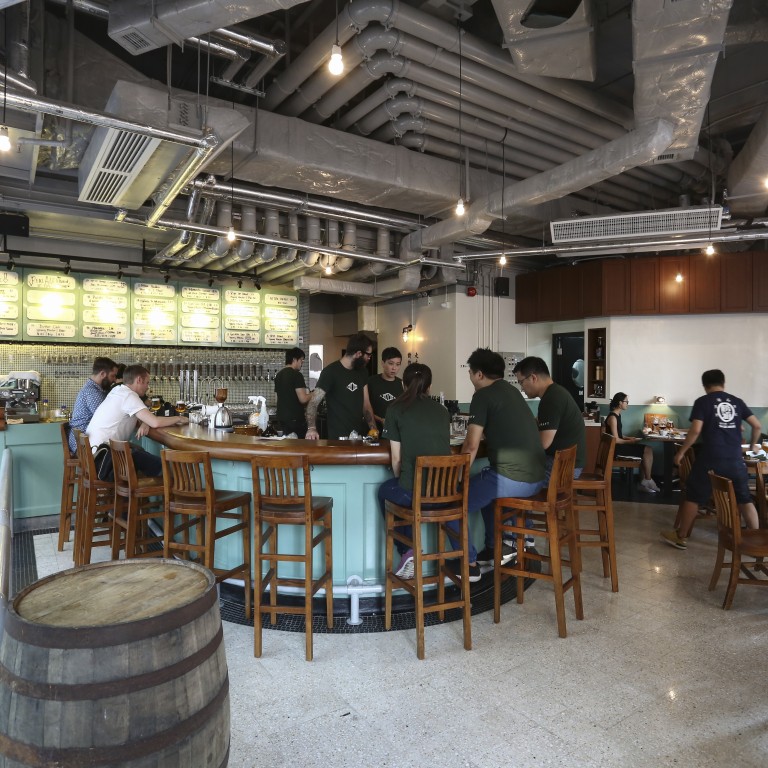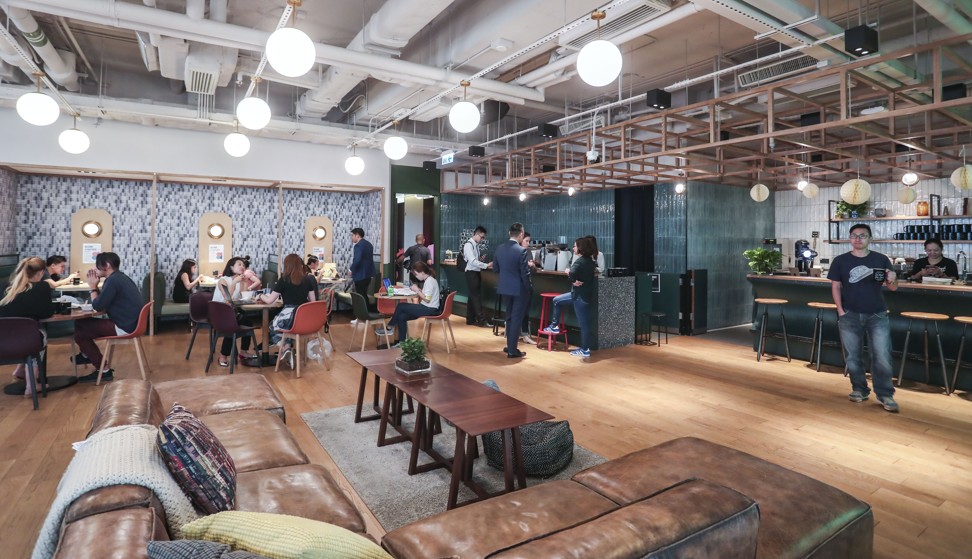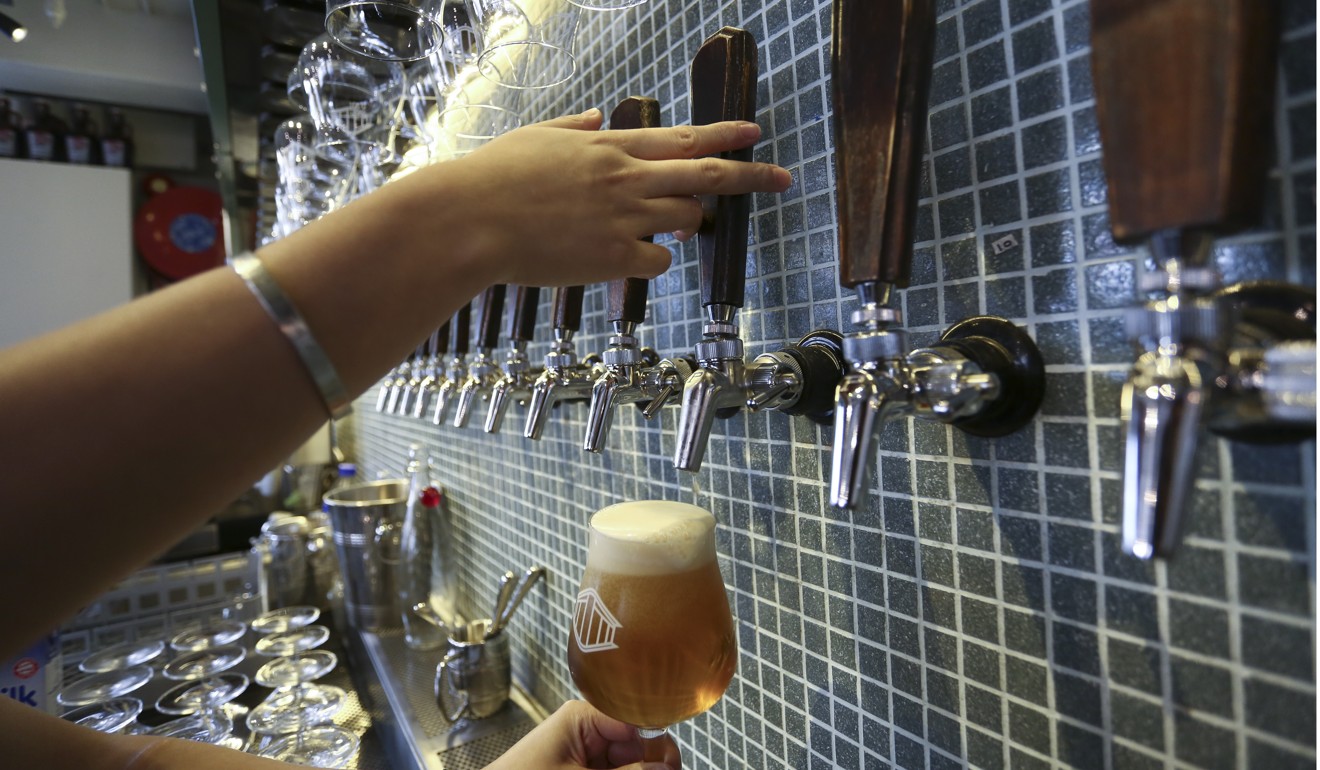
Hong Kong restaurant turns into co-working space on weekdays to fill room as lunch crowd disappears
- Second Draft, a gastropub in Tai Hang neighbourhood, keeps lunch menu away to turn itself into co-working space to overcome challenges
- Lunch earned less than it cost to serve, owner Rohit Dugar says
Some of Hong Kong’s business community have had to tweak their operating model as local economic conditions worsened. For restaurant operator Rohit Dugar, that means keeping away the lunch menu at Second Draft as crowds dwindled on weekdays.
The gastropub, which Dugar opened in Tai Hang neighbourhood some three years ago used to serve creative fusion dishes on weekdays until January. In May, he decided to turn the idle 2,000 square-foot space in the restaurant into a co-working office.
“Lunch earned less than it cost to serve,” he said. Providing hot-desking facility did not require a lot of additional input and “we have to pay the rent anyway, why not get the space utilised?” he said.
Second Draft now offers its floor space from 9am to 5pm to MilkGarage, a company that manages a network of co-working facilities in 12 locations under a membership programme. The restaurant still serves diners on weekends.

Will WeWork’s woes affect Hong Kong’s overbuilt co-working sector?
Street protests have helped pushed Hong Kong’s economy into a technical recession in the third quarter, government officials have said, and may even contract on a full-year basis in 2019. Among telltale signs, retail spending has slumped while tourist arrivals shrank. Restaurant receipts have declined 30 per cent to 50 per cent since June, according to Hong Kong Federation of Restaurants and Related Trade.
It is unfortunate to see underutilised space in Hong Kong where office rent is the highest in the world, according to Wu Fangyu, founder and chief executive of MilkGarage. She is talking to more restaurant and office owners to repurpose their assets and join her network of “affordable” hot-desking facilities.

“It is such a waste when we see those high-rental properties close during the day due to low foot traffic,” said Wu. “We all assume that Hong Kong is full and busy, but that is not true in some areas like Tai Hang and Sheung Wan. Landlords and business owners are more willing to be more creative” under the current tough business climate, she said.
MilkGarage has 10 stations across the city, including two restaurant-cum-hotdesk properties and eight stations through link-ups with other co-working operators. They are located in Central, Causeway Bay and Sheung Wan. Wu expects to expand the total stations to 12 by year end.
Hong Kong co-working space too crowded, some operators may pull back in 2019, Savills says
A MilkGarage member Champ Suthipongchai finds the facilities and locations convenient when he was interviewed while working in the co-working place recently.
“When I am in Hong Kong, I have to run from meeting to meeting and always struggle to find space to work in between them,” said Suthipongchai, general partner at Creative Ventures, a Silicon Valley-based venture capital firm. “With a pass to every location around town, I can always just look up where I can best go to and keep myself efficient throughout the day.”
Second Draft still serves lunch on weekends in Tai Hang. The hang-out is also typically abuzz at night with neighbourhood residents seeking out its innovative craft beers. Dugar is hopeful it can also attract daytime business folks who thrive on flexible office arrangements.
“People will get familiar with our place, and those who are curious will come to the neighbourhood,” he added.

